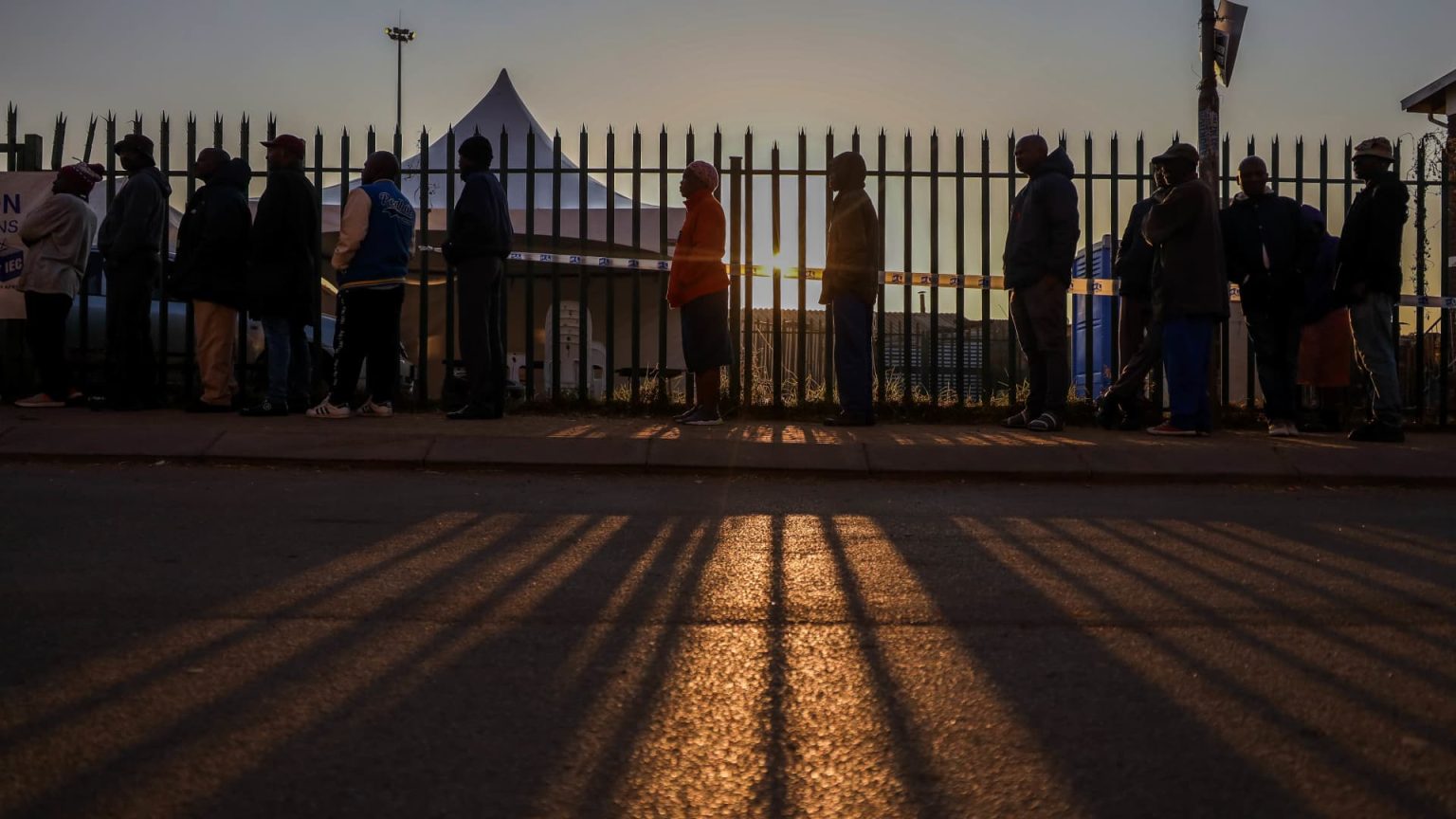South Africa’s ruling African National Congress (ANC) lost its parliamentary majority of 30 years in the recent election, marking the most significant political shift since the end of apartheid. The ANC secured only 40% of the popular vote, compared to the Democratic Alliance (DA) at 21.8% and the Economic Freedom Fighters (EFF) at 9.5%. The uMkhonto weSizwe party, founded by former president Jacob Zuma in December, garnered 14.6% of the votes. This decline from the previous election in 2019, where the ANC received 57.5% of the vote, reflects growing dissatisfaction among voters with the party’s performance amid challenges like declining living standards, power outages, high crime rates, and unemployment rates of almost 33%.
Named the most unequal country in the world by the World Bank in 2022, South Africa is facing a range of pressing issues, such as unemployment, loadshedding, corruption, and crime. These factors have hampered the country’s economic growth for years, with analysts noting that voters are increasingly concerned about these challenges. Unlike Nelson Mandela, who formed power-sharing coalitions to build trust with rival parties during the early years of democracy, current ANC leader Cyril Ramaphosa will need to negotiate a coalition to maintain political dominance. This uncertainty has raised questions about the country’s future direction and how the new political landscape will impact economic growth, which is forecasted at 0.9% this year by the International Monetary Fund.
With inflation stubbornly high at 5.2% in the latest reading in May, above the central bank’s target of 4.5%, investors are closely watching how the political changes in South Africa will affect economic policies and stability. The South African Reserve Bank held its main interest rate at 8.25% in response to inflation concerns, with Governor Lesetja Kganyago expecting stability in the second quarter of the next year. The outcome of coalition negotiations and the government’s response to pressing economic challenges will play a crucial role in shaping the country’s economic outlook and investor confidence in the coming months.
The ANC’s loss of majority in parliament signals a significant shift in South Africa’s political landscape and raises questions about the party’s ability to address pressing economic and social challenges. The declining support for the ANC reflects growing discontent among voters over issues like unemployment, power outages, crime, and corruption. The rise of new parties, including the uMkhonto weSizwe party, underscores the changing political dynamics in the country and the need for coalition-building to govern effectively. The outcome of coalition negotiations and policy decisions will have far-reaching implications for South Africa’s economic growth, inflation, and investor confidence in the near future.
As the most unequal country in the world, according to the World Bank, South Africa faces a range of economic and social challenges that require urgent attention and effective leadership. The ANC’s loss of parliamentary majority highlights the need for a fresh approach to governance and policy-making to address key issues like unemployment, crime, corruption, and power outages. The upcoming coalition negotiations and policy decisions will be critical in determining the country’s future direction and its ability to achieve sustainable economic growth and development. Investors are closely monitoring the situation in South Africa and the government’s response to the current challenges to assess the country’s economic outlook and investment opportunities.













